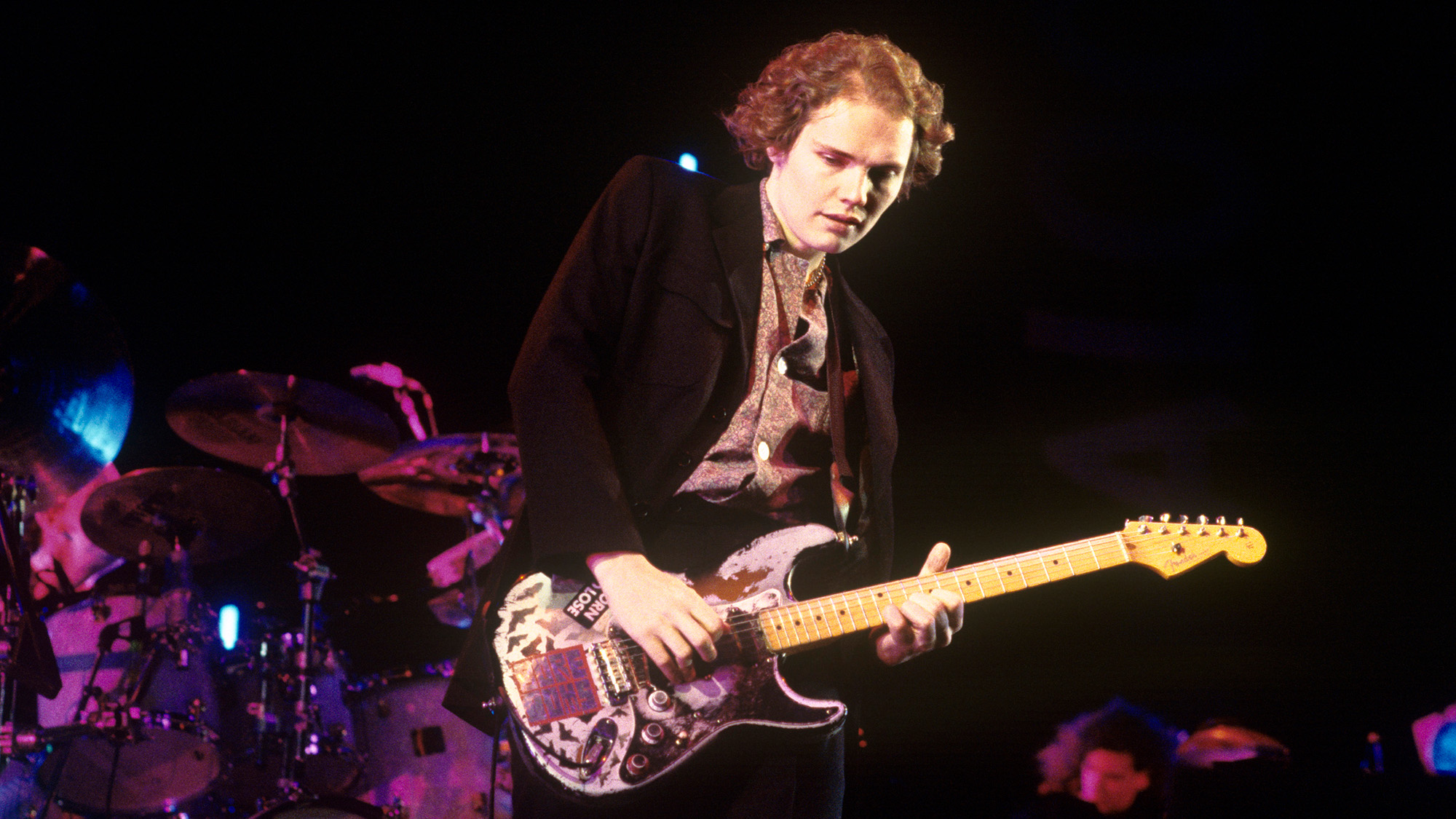“Charles Manson actually stole one of my D-45s years ago”: One of Al Jardine’s prized Martin acoustics was once swiped by the notorious cult leader – and he “never, ever got it back”
The Beach Boys’ history with the Manson Family is well-documented – and it turns out Jardine’s Martin was one of the many items stolen from the band

The Beach Boys co-founder Al Jardine has revealed that one of his prized Martin acoustic guitars was once stolen by cult leader Charles Manson.
Though Jardine failed to elaborate on the details of the theft, he nonetheless offered up the curio in the latest issue of Guitar World when asked about the guitars from his arsenal he’d save from a burning building.
To that, Jardine responded, “First it’d be my favorite electric, a Gibson 12-string – then my Martin acoustic, a 1976 D-45 Centennial model. Charles Manson actually stole one of my D-45s years ago and I never, ever got it back.”
Alas, that was all the Beach Boys guitarist had to say on the matter, and no further details were provided regarding how the convicted murderer and leader of the Manson Family ended up in possession of a vintage D-45.
This tale of a stolen dreadnought is not the first time the Beach Boys and Charles Manson have been mentioned in the same breath. Instead, it’s well-documented that the two parties had a shared musical history, with the Beach Boys once reworking and releasing a song written for them by Manson himself.
Released in 1968, Never Learn Not to Love was an altered take on Manson’s bluesy Cease to Exist, whose lyrics were reportedly inspired by the tensions Manson had witnessed between drummer Dennis Wilson and his brothers and bandmates, Brian and Carl.
No credit was issued to Manson who, for his work on the song, received (as per Rock Celebrities) “about a hundred thousand dollars worth of stuff”.
All the latest guitar news, interviews, lessons, reviews, deals and more, direct to your inbox!
This was just one year before Sharon Tate’s murder on August 9, 1969, which was committed by members of the Manson family.
Prior to the recording of Never Learn Not to Love – for some of which Manson himself was present during the studio session – Dennis and Charles had met and become friends. Around this time, Wilson introduced the then-aspiring musician to a handful of colleagues in the music industry, including Terry Melcher.
Recalling the episode during a conversation with Artie Lange, Jardine once recounted, “I never talked to Terry about that. I imagine he must have just been stigmatized. Can you imagine?”
“Charlie was looking for a leg up,” he continued. “He wanted to [get into the music business] in the worst way.”
As for the tale at hand, it stands to reason that Jardine’s Martin was stolen around this time in the late ‘60s. Indeed, once Wilson eventually moved out of the residence he had opened up to Manson and members of his family, the cult “destroyed the band’s cars and stole most of Wilson’s belongings”.
Wilson and Jardine’s other bandmate, Mike Love, have also spoken about the period, and told ABC News that their drummer had “unknowingly invited Satan into our midst”.
To read the full interview with Al Jardine, head over to Magazines Direct to pick up the latest issue of Guitar World.

Matt is the GuitarWorld.com News Editor, and has been writing and editing for the site for five years. He has a Masters in the guitar, a degree in history, and has spent the last 19 years playing everything from blues and jazz to indie and pop. During his GW career, he’s interviewed Peter Frampton, Zakk Wylde, Tosin Abasi, Matteo Mancuso and more, and has profiled the CEOs of Guitar Center and Fender.
When he’s not combining his passion for writing and music during his day job, Matt performs with indie rock duo Esme Emerson, and has previously opened for the likes of Ed Sheeran, Keane, Japanese House and Good Neighbours.
